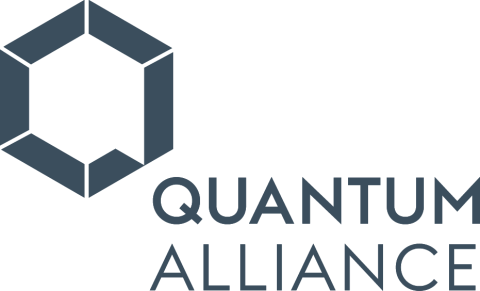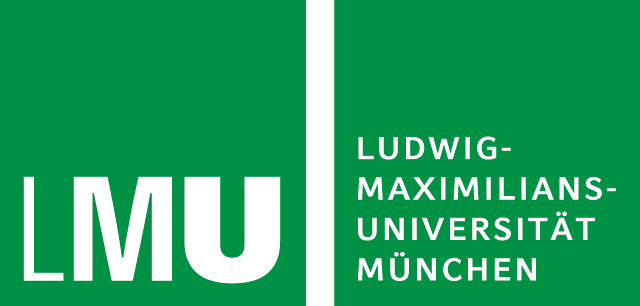The Munich Quantum Ecosystem
MCQST brings together two universities (LMU, TUM), two research institutions (MPQ, WMI) and the Deutsches Museum (DM) as core institutions of the cluster. The partners offer broad expertise in different fields of research, engineering and public engagement that complement each other. Additionally, various faculties and departments across different institutions are contributing to MCQST. Today, research in Quantum Science and Technology has become an interdisciplinary effort between different fields of science and engineering.

In addition to MCQST‘s strong ties with its founding institutions, we have established a large network spanning institutes and clusters across Munich, Bavaria, and the entire country. MCQST has actively co-founded and supported various programs aimed at nurturing young talents within the QST community. We also maintain close connections with industry and start-ups, fostering entrepreneurial education and facilitating job opportunities for our members.
Participating Universities
Partner Institutions

The Max Planck Institute of Quantum Optics (MPQ) is a top institute for quantum optics research, pioneering advancements in quantum computing while exploring new forms and states of quantum matter.

The Walther Meißner Institute (WMI) of the Bavarian Academy of Sciences and Humanities (BAdW) is renowned for low-temperature research. WMI excels in exploring physics at ultra-low temperatures and is a global leader in quantum technology advancements.

The Deutsches Museum is one of the world‘s largest and most successful natural sciences and technology museums, known for its commitment to connecting cutting-edge research with a diverse public of all ages and educational backgrounds.
Quantum Alliance
MCQST is part of the Quantum Alliance, a consortium of German clusters of excellence and research centers working in quantum science and technology.


